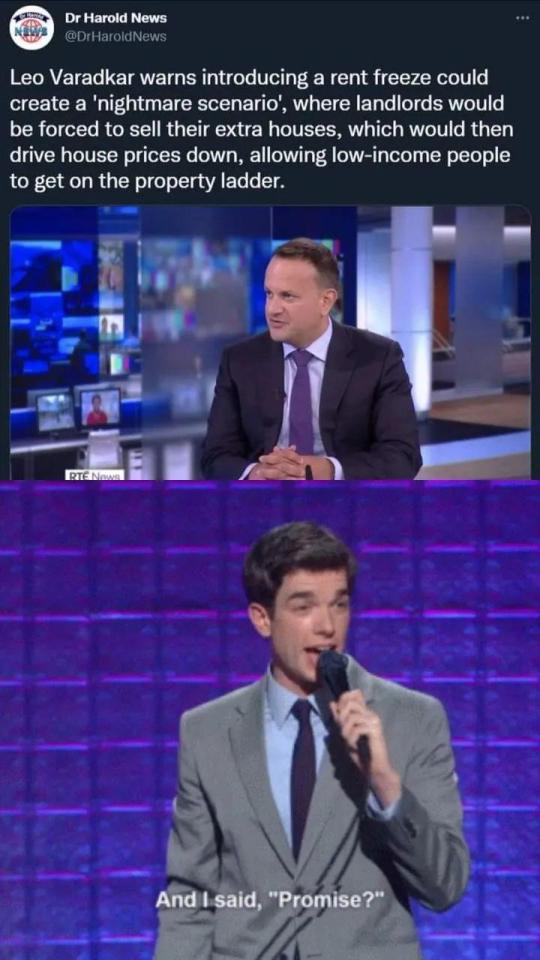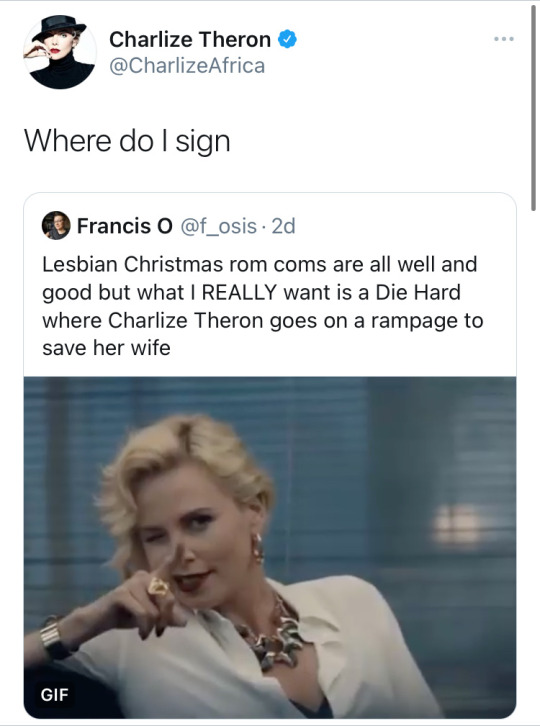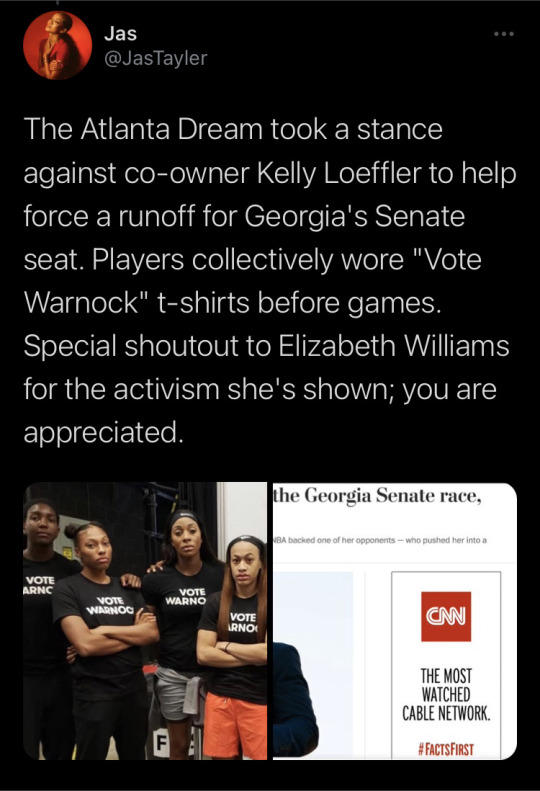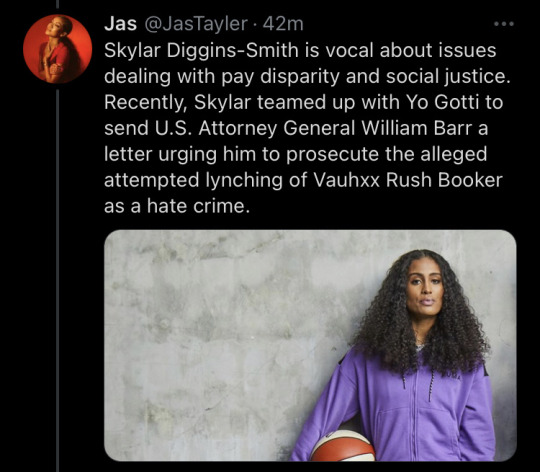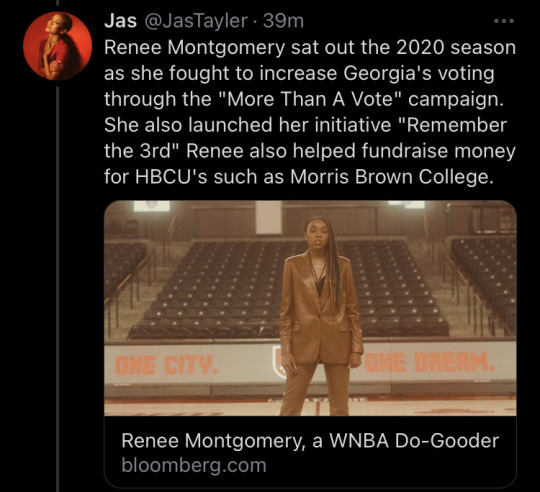Text
I feel like many people have a fundamental misconception of what unreliable narrator means. It's simply a narrative vehicle not a character flaw, a sign that the character is a bad person. There are also many different types of unreliable narrators in fiction. Being an unreliable narrator doesn't necessarily mean that the character is 'wrong', it definitely doesn't mean that they're wrong about everything even if some aspects in their story are inaccurate, and only some unreliable narrators actively and consciously lie. Stories that have unreliable narrators also tend to deal with perception and memory and they often don't even have one objective truth, just different versions. It reflects real life where we know human memory is highly unreliable and vague and people can interpret same events very differently
61K notes
·
View notes
Text
Won't be tolerating any Cal slander when it comes to her being down just disgustingly down... down on the ground for Juliette.
Calliope Antigone Burns pined for Juliette Anastasia Atwood Fairmont so long and so hard that she figured out she was a vampire when no one else did because she couldn't stop watching her, closely.
Calliope not once but twice ditched her plan to stake Juliette in the pantry and only did it when she saw Juliette coming down to bite her and as confirmed by Juliette, Calliope wouldn't have staked her otherwise.
Calliope started to question her purpose as a hunter and what they do because she saw the humanity and the good in Juliette.
Calliope decided to take Juliette home to her parents and show them that she was refusing to be apart from Juliette after her mother gave her a final warning to stay away from her.
Calliope could not eat, sleep or think clearly unless she was physically in the same space with Juliette.
Calliope WAS GOING TO FUCKING LEAVE TOWN - LEAVE HER FUCKING FAMILY- to protect Juliette after they found Creepy Dead Guy and knew a vampire killed him.
Calliope stood up to her parents and Juliette's own parents to defend her.
Calliope came to believe that she and Juliette were meant to be and that together they freed each other from the expectations of their families.
Real talk, just because a character has a somewhat cool exterior doesn't mean they're unloving. Calliope is a trained killer, essentially. She's had this instilled in her -this way that she carries herself. But she's full of mushy feelings inside. She's not mean. She has a good heart. Yes she's feeling extremely hurt and betrayed by Juliette turning Theo. But she's only feeling that way because she loves Juliette.
3K notes
·
View notes
Photo
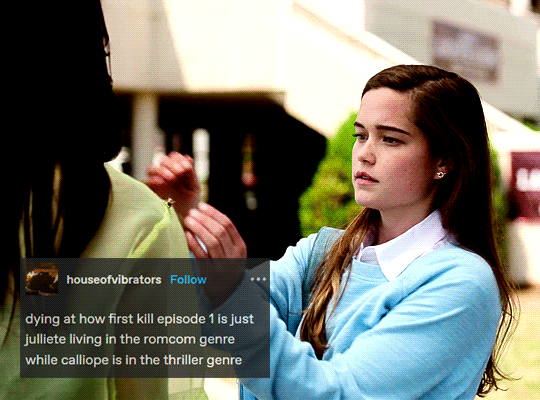
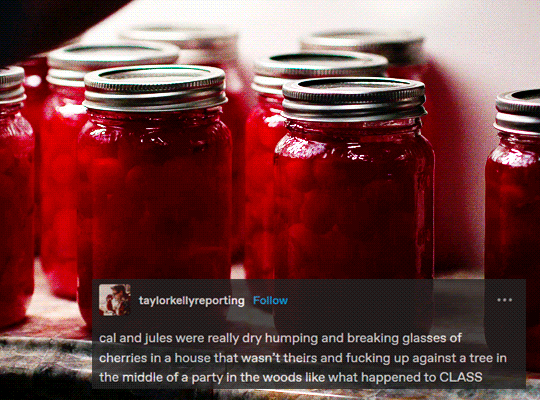
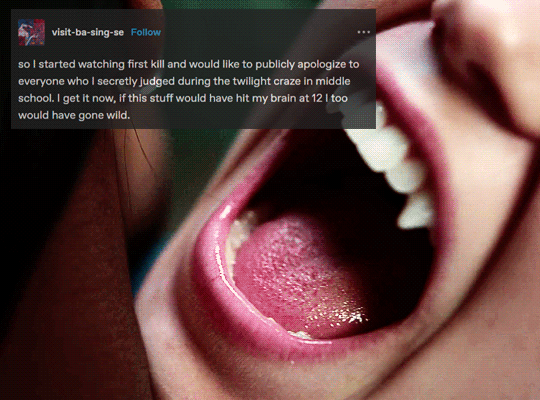
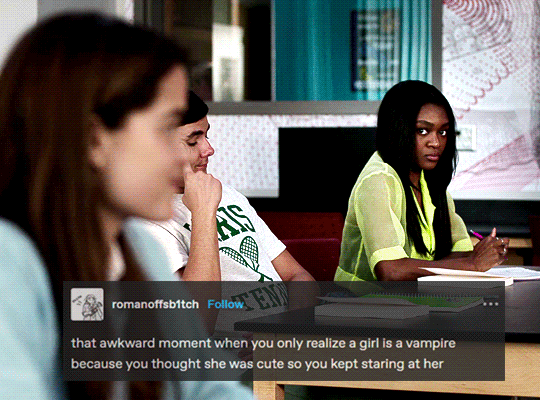
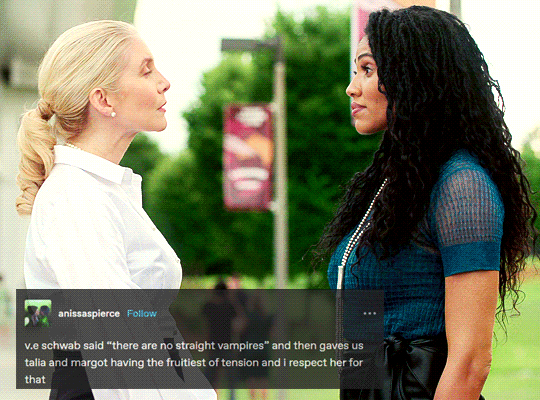
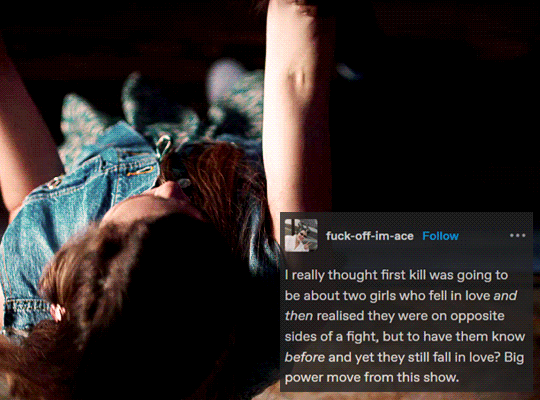
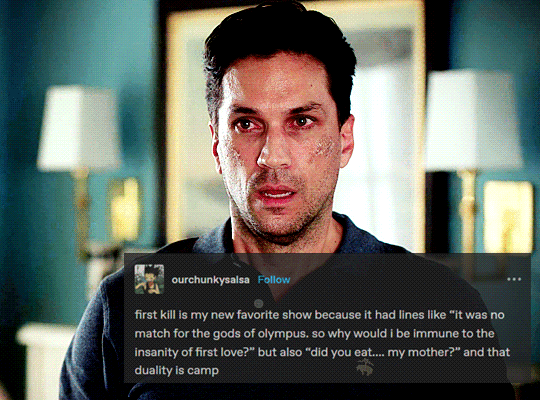
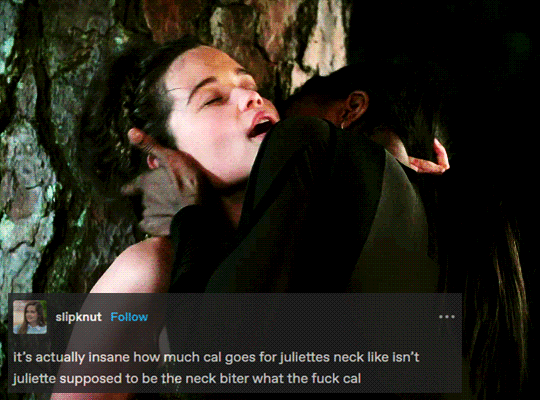
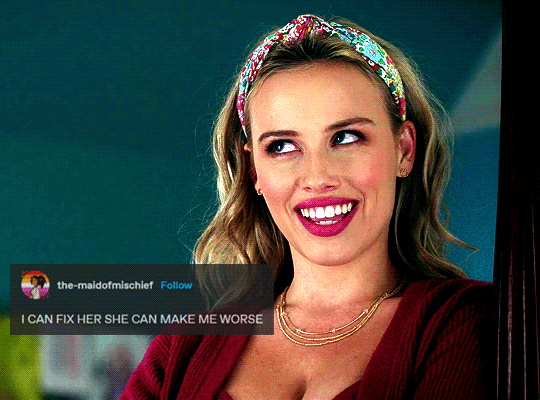
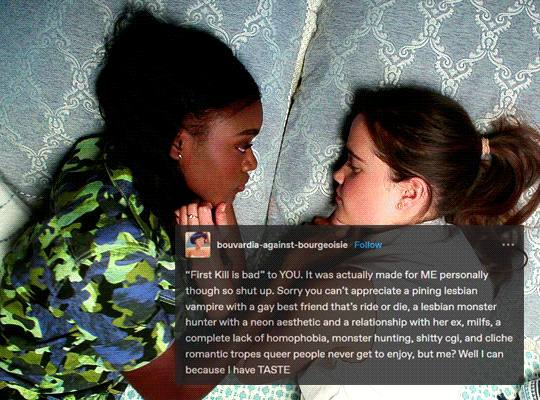
FIRST KILL + text posts
#first kill#firstkilledit#netflixedit#calliette#calliope burns#juliette fairmont#elinor fairmont#margot fairmont#talia burns#sebastian fairmont#firstkillcentral#tuserdee#userbbelcher#chewieblog#cinemapix#filmtv#*gifs#1k
18K notes
·
View notes
Text
Super fucked up that I can’t be a master-level expert in knitting AND woodworking AND silversmithing AND embroidery AND soap making AND spinning AND -
172K notes
·
View notes
Text




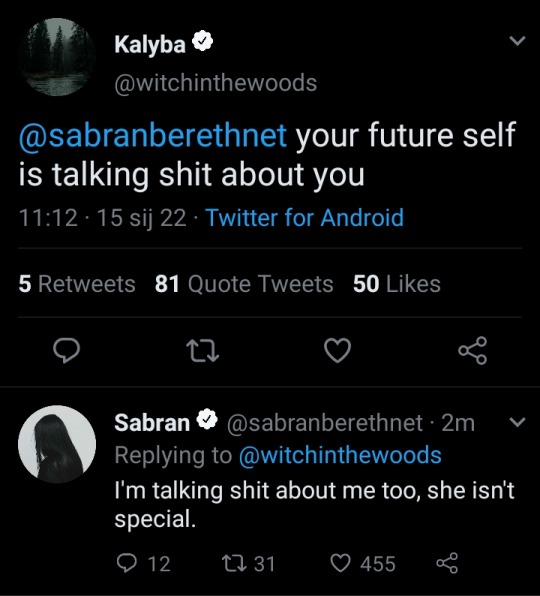
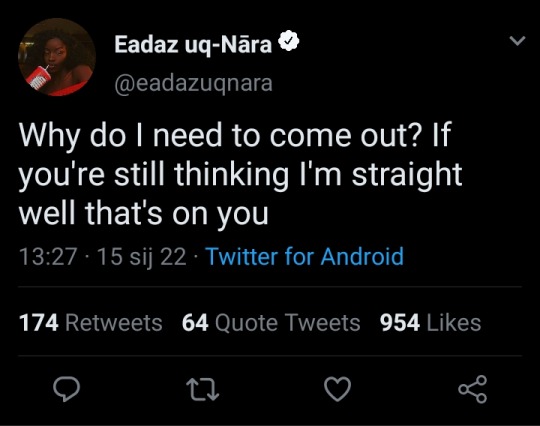

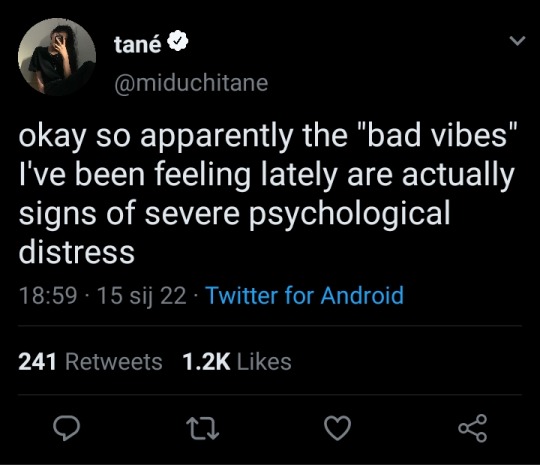

TW: suicide mention
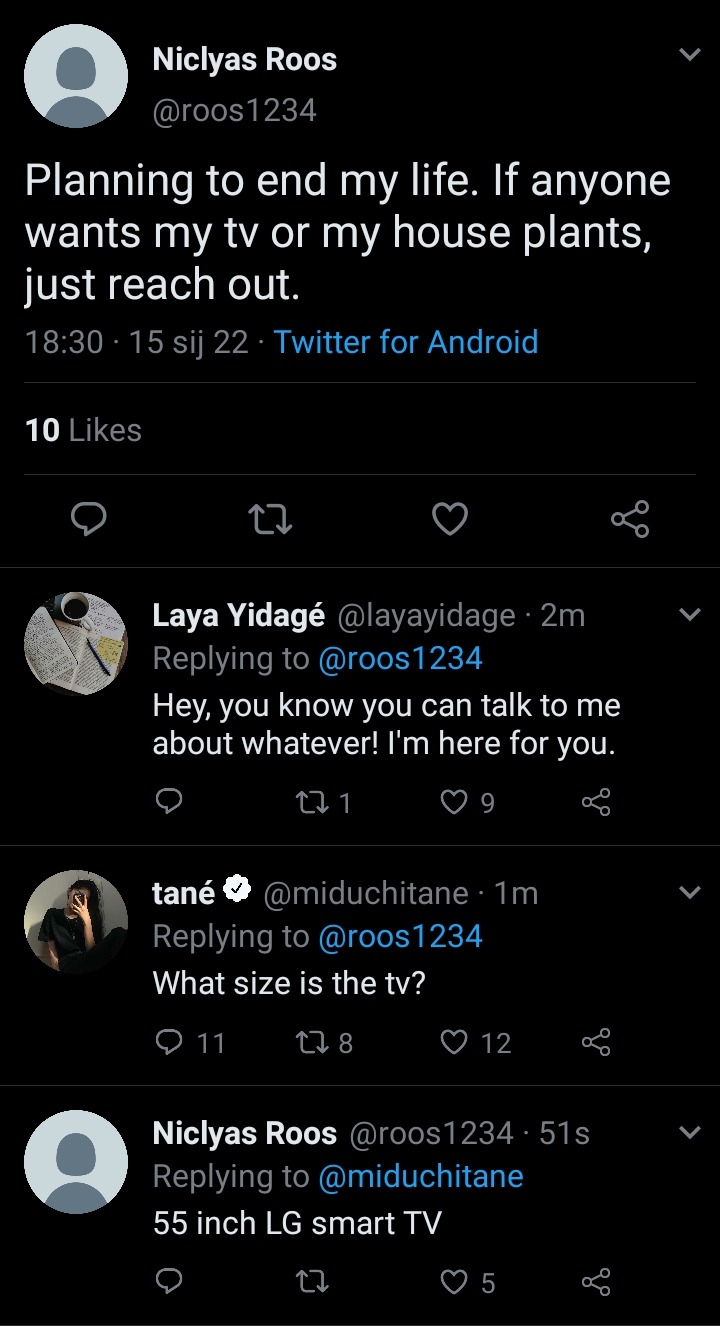
recently I read the priory of the orange tree and I loved it, so here are some tweets inspired by it! if you love dragons and sapphics i wholeheartedly recommend it!
2K notes
·
View notes
Text
make her your everything in front of everyone, everytime
105K notes
·
View notes
Text
Sabran: I’ve been dropping the most obvious hints for like four months now. No response.
Ead: Wow, they sound dumb.
Sabran: They’re not. They’re really smart, actually.
Ead: Maybe you need to be more obvious, like “Hey I like you.”
Sabran: I guess you’re right. Hey Ead, I like you.
Ead: See? Just like that.
Sabran: Wow.
Ead: If that flies over their head, then sorry Sabran, but they’re too dumb for you.
770 notes
·
View notes
Photo
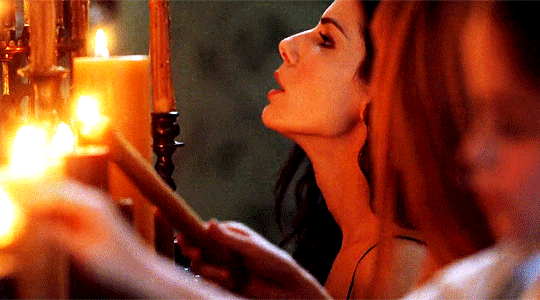
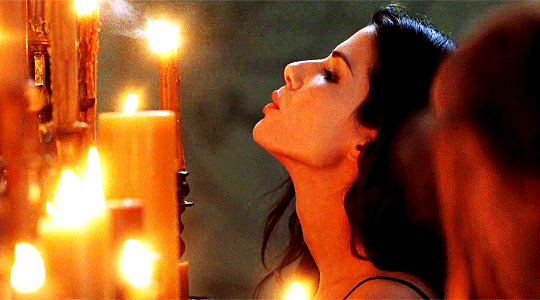
Sandra Bullock as Sally Owens in PRACTICAL MAGIC (1998)
5K notes
·
View notes
Photo
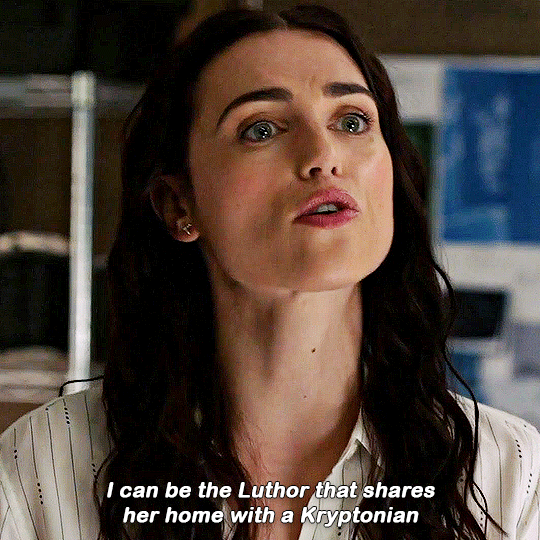
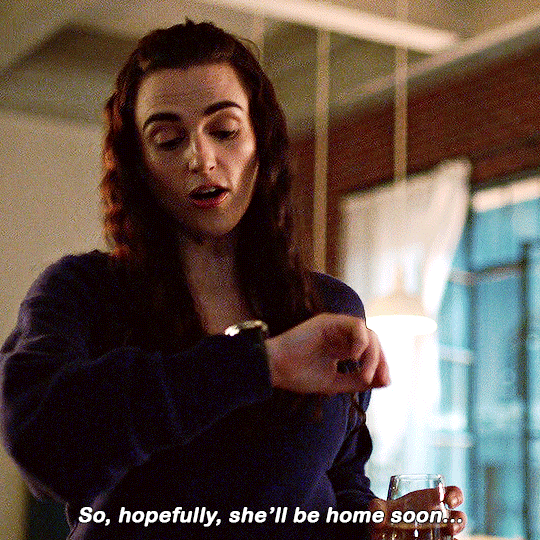
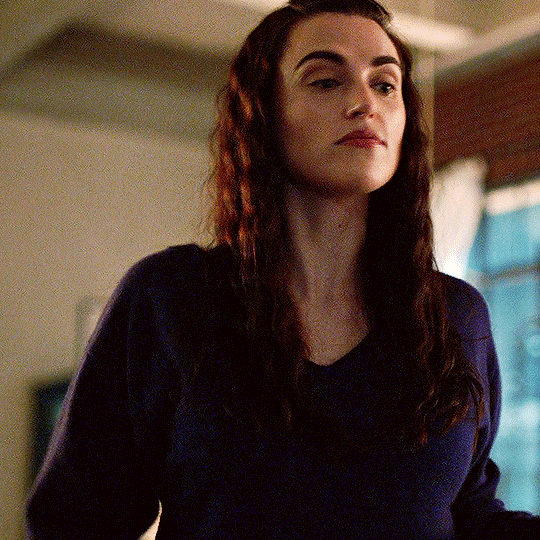

4K notes
·
View notes
Text
I'm no horror buff but I think I have a bit of a grasp on the rules of classic horror films, for which the Fear Street trilogy clearly pays a lot of homage and respect and references--even while challenging those narrative rules.
I've been thinking a lot about how I'm surprised by the centrality of the homosexual characters and the different levels at which the trilogy as a whole approaches the characters. The homosexual narrative/experience is prominent in Part 1 given the surprise of a homosexual protagonist, but it's absolutely central to Part 3's conflict and how we understand the wrongful demonization/witchification of a queer woman. The classic horror movies usually have these unspoken rules of punishment: deviant behavior usually results in those characters being killed by the monster. Notably indulging in drugs or sex. And these deaths aren't sympathetic; the audience is prompted to feel anywhere from indifference at the death of canon fodder to thrill or even satisfaction. We root for the usually inevitable survivor, very often a "final girl" thanks to the likes of Halloween or Alien, but everyone else... kinda expendable and/or "deserved" it.
So in a classic tale, queer characters would have been deemed deviants and either would have succumbed as victims or been the monsters themselves. (Carrie a bit in this vein where her forced social isolation has made her an outcast. Thelma has really been on my mind because it's a horror movie where I can never decide if Thelma is ultimately "monstrous" as a result of the indoctrination that cultivated homophobia in herself and that resulted in her taking out the perpetrators. I think about the last scene and I don't know what I'm supposed to take away from it: fear of Thelma's self-awareness? What?)
But classic horror was made in a different social and cultural mindset. I think it's (more?) accepted by the majority today that homophobia is wrong so there's no surprise that we can have a protagonist like Deena or feel sympathy for Sarah, and yet Fear Street does grapple with those classic unwritten rules. Simply by making the heroine gay--and to make her romance a central motivating factor of her determination and survival--flies in the face of painting her as a deserving victim. We get the sense early that Deena is likely the Final Girl. (We get multiple survivors, but you're never quite sure who will die at the outset of a horror movie but you get the sense of the candidate who will make it through. Sometimes the "subversion" is that everyone dies.) Fear Street gives us two gay ladies who survive--and not only survive but come out more accepting and accepted.
Because homophobia is a huge antagonistic factor in the Fear Street trilogy. Part 1 has it present moreso as Sam's internal struggle to embrace and openly express her feelings. There's a lot less external social pressure or condemnation. Part 3, though, does not work unless you recognize the harm of homophobia being written into the cultural fabric of society. It is homophobia that vilifies Sarah in the eyes of the town Union, her homosexuality the cementing piece of otherness that makes her a woman who is uncontrollable, wild, independent--everything that primes her to be labeled a witch. It's so easy to think of Sarah as a witch because she doesn't conform, isn't silent, isn't married, isn't under the care of a man, seems to be too good at husbandry, kisses a woman. You have to understand how easily she was made into a scapegoat to understand the twist--and to feel sympathetic to this injustice. You should feel angry and frustrated and sad on Sarah's behalf, that she was wronged, that she has only been trying to do right throughout her life and afterlife and her legacy rendered a false narrative.
Fear Street is taking those characters who would typically be "monstrous" in a classic horror tale and making them rather heroic.
This also is at work with the Shadysiders, particularly Kate and Simon. The in-universe narrative is that who cares about the death of Shadysiders? They're poor(er), low(er) class and thus relatively worth less (or outright worthless). And yet what we find out is that their marginalization and poverty and lack of opportunities aren't accidental or self-inflicted: it is deliberately orchestrated and they are literally sacrificed for the benefit of their wealthier neighbors. These aren't faceless, meaningless victims of random tragedy, but targeted, the souls turned murderous literally named and chosen for that fate. Even in death they are marginalized, as with Kate and Simon who are highlighted in the media as druggies, a story that "justifies" their "heinous acts"--and yet Fear Street makes sure we know this is a smear. Fear Street makes Kate and Simon sympathetic to emphasize their humanity, their dreams, going against the grain of the classic horror movie tropes. Of course these two would be slated to die in a classic horror movie (Alice as well) because of the easily slapped on archetypes and labels, but Fear Street makes it feel like their fates were unjust and wrong, a true loss to friends and the audience, whereas in a typical horror film, we'd be led to be indifferent or feel satisfaction/warning from their deaths rather than sorrow.
Who is the actual enemy? A man in power. A cop. The person who in a classic horror film should be the one to swoop in at the end to lend some nominal hand in stopping the terror or at least clean it up and help reassert some semblance of normality, the wail of police sirens a reassurance. But in this case, the man of law enforcement is literally causing all the hell and murder.
Well then.
It's funny because when I watched Part 1 I thought: Was R.L. Stine this socioeconomically conscious and critical? Stine might not have been, I don't know I gravitated more towards Coville, but these films definitely are and I was surprised to see the social messages that emerged. Horror is usually rooted in the real world fears of the contemporary time of their production and it's fascinating to me to see the underlying fears propelling the Fear Street narrative.
The gays aren't the enemy, the canon fodder, the monsters in this instance--we are now allowed to be not those things. But I think about how I would have given Sarah Fier a pass raising up hell in Union because I saw the town as so monstrous in its behavior already that I wouldn't have thought of Sarah getting revenge as monstrous and how our narratives of "monsters" are very complicated because having been positioned as monsters for so long in a narrative, sometimes we appropriate that position for ourselves in order to take power and how that has been a thread of some trend for long enough now that I was surprised when Fear Street didn't take that route but made Fier a genuine victim of circumstances and prejudices who, by the accepted rules, kept her dignity and compassion and love, who died a martyr rather than a sinner...
Her death was a genuine tragedy redeemed and avenged by a genuine triumph of Deena and Sam's victory and redemption and fulfilled romance.
And somehow that's surprising. No demonization of any of them, even given the literal possession of Sam. We know it's against Sam's will and she doesn't murder anyone.
They're just... heroes. Heroines. Who defied victimization. In two different eras.
We got to be that. We got to be central to the narrative. We got to win.
Huh.
3K notes
·
View notes
Text
watching a movie and it’s like. oh this has chronic made by a man syndrome
36K notes
·
View notes
Text

this is kind of funny bc my moms name is susan she grew up in the 70s And she used to hitchhike AND she ended up in the same room as an active serial killer. who was targeting girls her age at the time!!!! anyway.
2K notes
·
View notes
Photo
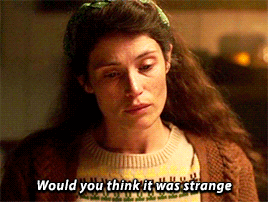
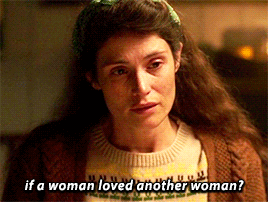
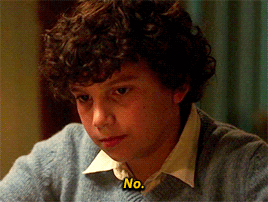
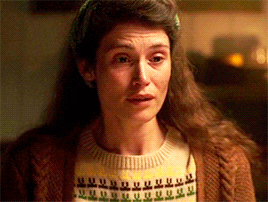
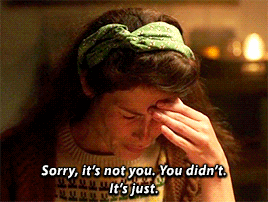
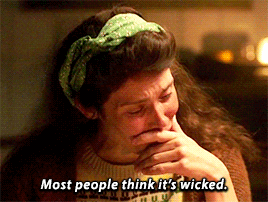
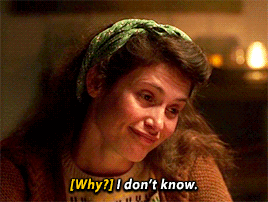
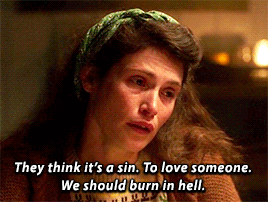
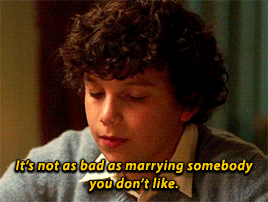
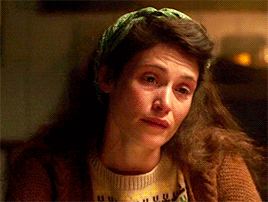
SUMMERLAND (2020) dir. Jessica Swale
Sorry, it’s just, it was a gift, that’s all. From who? A lady, a friend. It’s a good tune. Was she the one you loved? Why did you say that?
5K notes
·
View notes
Video
23K notes
·
View notes
